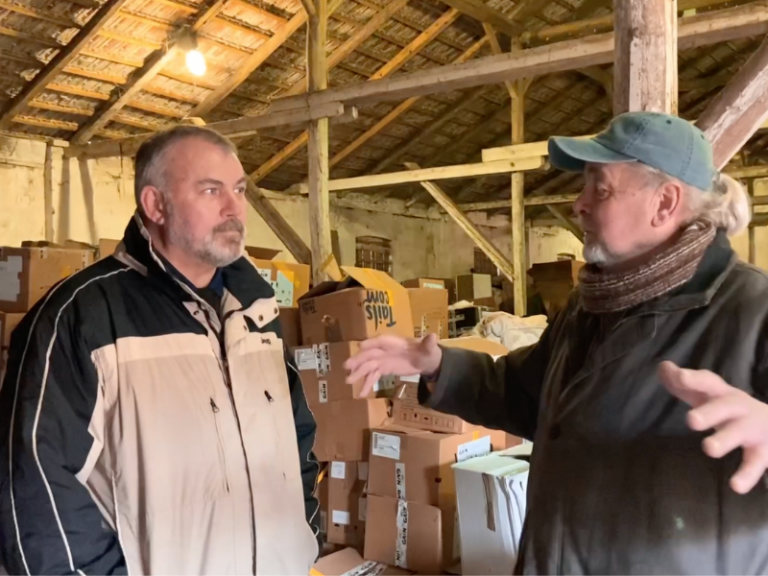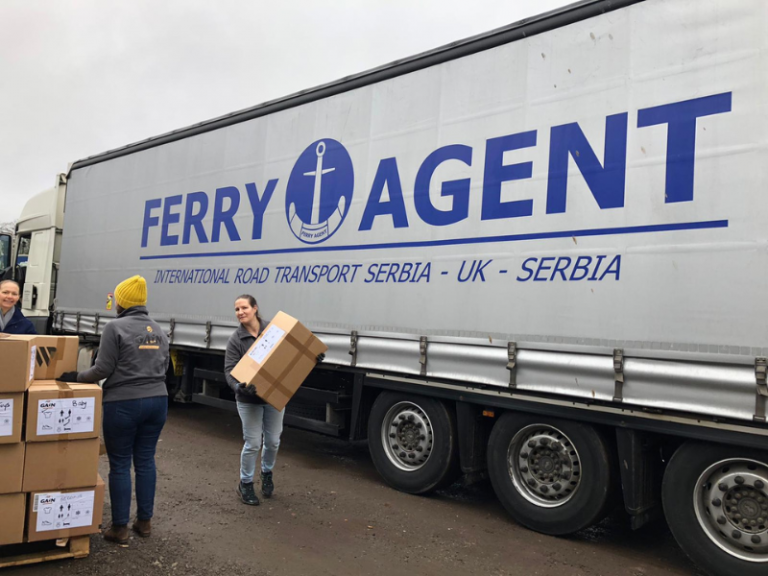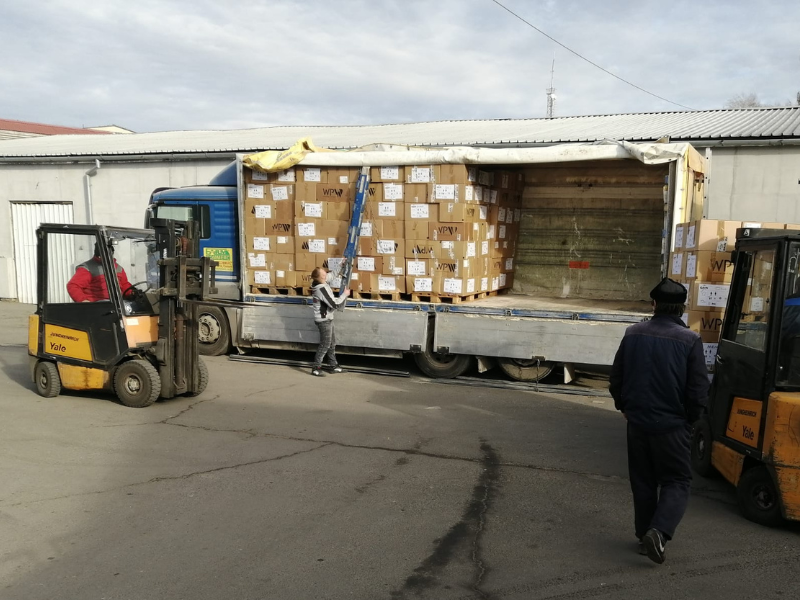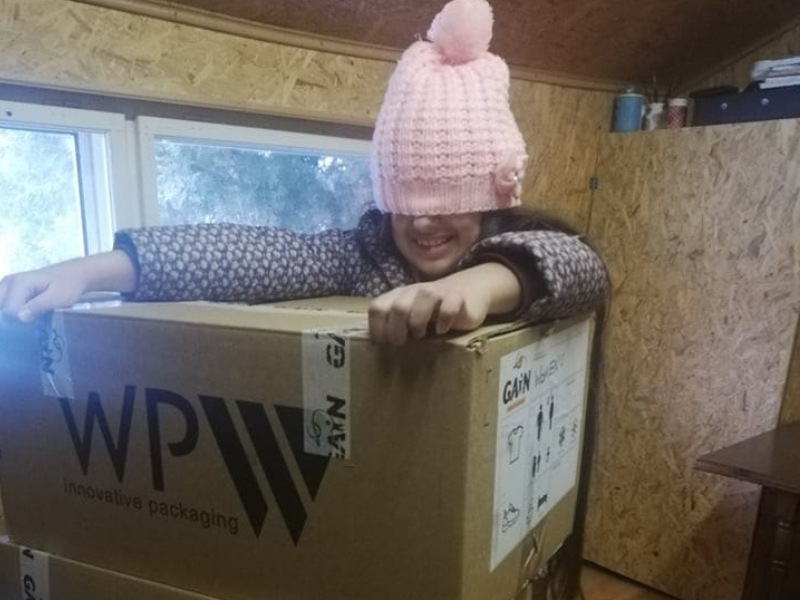
Subotica
Serbia
Emma shares part two of her encounters in Serbia, where she and other members of the GAiN team visited earlier this year.
“Travelling just outside Subotica, we approached some abandoned granary buildings near the northern border with Hungary. This cluster of rundown buildings was sheltering many Afghan refugees, who were staying here as they attempted to cross into Hungary. It was a powerful experience for me to speak with them as they shared some of the reasons for leaving their homes. They were mostly young men between 15 and 35 who were leaving because they couldn’t feed their families in Afghanistan due to the ongoing political and economic crisis and the severe famine. They spoke of a hopelessness in their country. One guy, Ahmed, said, “Everybody is hungry. No one wants to be far away from their family. If I don’t go to a foreign country to work, how will I feed them?” We noticed that another refugee was missing a finger. We asked what had happened and he told us how when he voted for the opposition party, the Taliban put his hand up against a tree and chopped off his finger in punishment.
Tibor regularly brings these men food, blankets and clothes, and spends time chatting to them and encouraging them as they continue their journey. Giving them dignity and treating them as fellow humans is an invaluable part of his work.
The men told us about how they would attempt to cross the border every day using ladders, and would get caught and pushed back each time by Hungarian guards. Ahmed had been stuck there for three weeks already, attempting to move on. These encounters can be violent as the guards catch, beat, and drive the refugees back to Serbia. We weren’t far from the fence, so we went to see what it was like. Standing in a field in Serbia with the fence stretched out before us, we couldn’t believe that anyone would attempt the crossing. Before getting to the fence, you have to cross a deep ditch. You then arrive at a two-metre-high fence with barbed wire at the bottom and the top. Next, you must cross a road before scaling a second fence of barbed wire. We were told that the fence is a ‘smart fence’ and that, if you approach it, it will warn you to turn around in 5 different languages. Even with my British passport and privileged position, I was too afraid to even cross the ditch to hear the fence’s warning. I struggle to comprehend the desperation and determination these young men need to get into Europe and find safety. This is just one obstacle in their search for refuge.”
Can you be a part of supporting Tibor’s work in Serbia? You can use this link to contribute to our relief work across Europe. We are planning on sending teams to Subotica soon – email info@globalaidnetwork if you would like to be informed about any future projects in Serbia.



